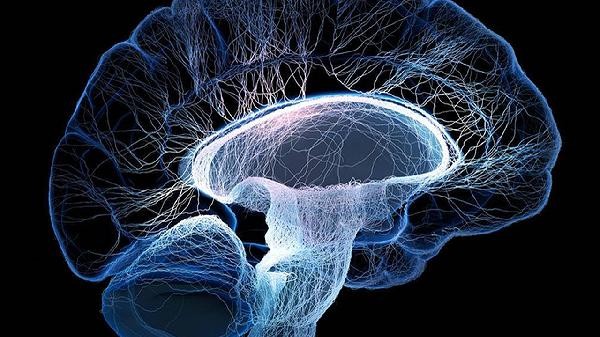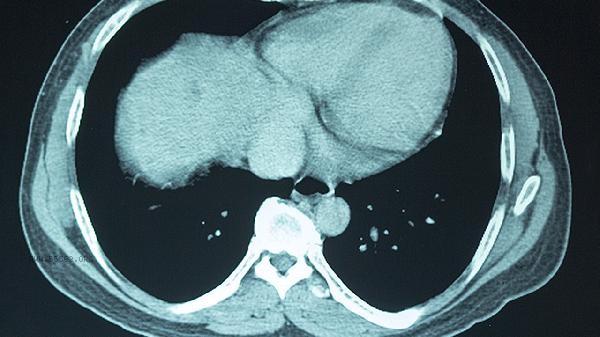The loss of sleep function in the brain ultimately leads to death. Long term complete sleep deprivation can lead to multiple organ failure, while short-term sleep deprivation may only cause cognitive decline. Sleep is an essential physiological process for maintaining life activities, and the brain completes metabolic waste clearance, memory consolidation, and neural repair through sleep. Animal experiments have shown that mice deprived of sleep continuously will die within a few weeks due to immune system collapse, temperature regulation disorders, and metabolic disorders. In extreme cases of complete insomnia in humans, fatal familial insomnia patients can die within months due to brain failure, which is related to sleep center damage caused by thalamic lesions. Although short-term sleep deprivation in healthy individuals does not directly lead to death, it significantly increases the risk of sudden death. Continuous sleep deprivation for many days will lead to hallucinations, disorientation and arrhythmia. Long term chronic sleep deprivation is associated with an increased risk of cardiovascular disease, diabetes and Alzheimer's disease. Intermittent hypoxia caused by diseases such as sleep apnea can also cause irreversible damage to brain neurons. Ensuring a regular schedule and sufficient sleep is a fundamental measure for maintaining brain health. Adults should maintain 7 to 9 hours of sleep per day, avoid using electronic devices before bedtime, and create a quiet and dark sleeping environment. If you experience persistent insomnia or daytime sleepiness, you should seek medical attention promptly to check for neurological disorders and avoid using sleep aids without medical guidance. Moderate exercise and a balanced diet can help improve sleep quality, but they cannot replace the physiological functions of sleep itself.











Comments (0)
Leave a Comment
No comments yet
Be the first to share your thoughts!